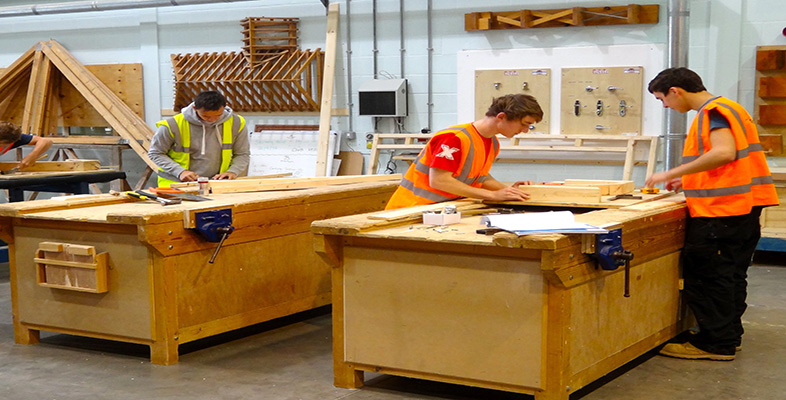2.3 Endings are as important as beginnings
The end can be seen as a sad occasion, but in the professional arena the decision to move on can be seen as part of a growing maturity. The ending is often a stage that we spend little time on: however it is important as you are helping young people move on to a more independent level. It is a positive stage and hopefully you will feel able to say, ‘That’s good – I see you have learnt something then’. Earlier on we talked about the need for evidence in demonstrating the outcomes of your interventions. Endings are good evidence of young people’s learning. However, endings can be more problematic when they are brought about by lack of funding, for example, rather than by natural progression.
Activity 5 Working at the ending stage of the group
Read the chapter ‘Working at the ending stage of the group: separation issues [Tip: hold Ctrl and click a link to open it in a new tab. (Hide tip)] ’ by Jarlath Benson. You may wish to make a note of any key points which interest you or which you would like to remember for the future. However, the point of this activity is simply to develop your understanding of the issues inherent in ending group work.
Whatever the cause of the ending of your relationship with young people, it is likely to elicit a mix of emotions for all those involved. A sense of loss or bereavement is not unusual and even with pre-planned endings youth workers need to programme plenty of time to discuss and evaluate the relationship and identify next steps. How we as professionals handle these transitions is the final way that we can role model positive behaviour to young people whilst working with them.
